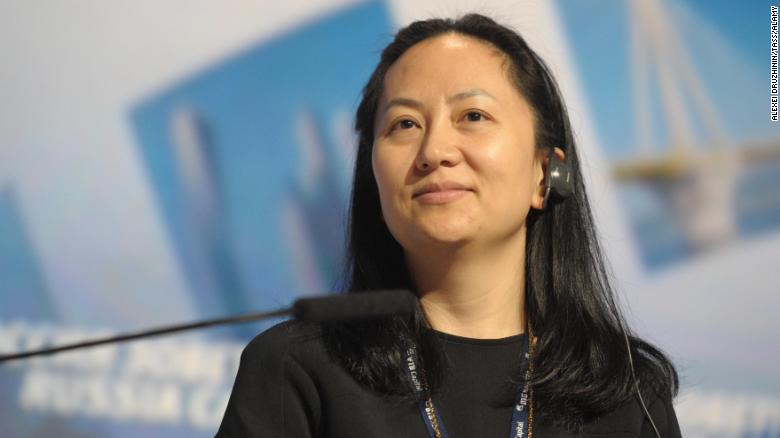Chinese telecoms giant, Huawei Technologies Co Ltd’s chief financial officer, was arrested as part of a U.S. investigation into an alleged scheme.
The scheme was said to use the global banking system to evade U.S. sanctions against Iran, official sources said on Friday.
The United States has been looking since at least 2016 into whether Huawei shipped U.S.- origin products to Iran and other countries in violation of U.S. export and sanctions laws, media reported in April.
More recently, the probe has included whether the company used HSBC Holdings Plc to conduct illegal transactions involving Iran, the people said.
Companies are barred from using the U.S. financial system to funnel goods and services to sanctioned entities.
If the mobile phone and telecoms equipment maker conducted such transactions and then misled HSBC about their true nature. it could be guilty of bank fraud, experts say.
Huawei declined to comment, but said in a statement after the arrest that it complies with all applicable export control and sanctions laws and other regulations.
An HSBC spokesperson declined to comment. HSBC is not under investigation, according to a person familiar with the matter.
A spokesman for the U.S. attorney’s office in Brooklyn, which Reuters has reported is the office investigating Huawei, also declined to comment.
In 2012, HSBC paid 1.92 billion dollars and entered a deferred prosecution agreement with the same U.S. prosecutor’s office for violating U.S. sanctions and money-laundering laws.
As part of that deal, HSBC was required to be monitored for five years to review its efforts to prevent money laundering and sanctions violations.
HSBC’s U.S.-listed shares fell as much as six per cent on Thursday after media reported the bank’s link to the Huawei case. They ended down 3.6 per cent.
Huawei CFO Meng Wanzhou, daughter of Huawei’s founder, Ren Zhengfei, was arrested in Canada on Dec. 1.
She will appear in court on Friday and faces extradition to the United States. The news broke on Wednesday, roiling global stock markets over fears the move could escalate the Sino-U.S. trade dispute.
Huawei said it has been provided little information of the charges and that it was “not aware of any wrongdoing by Ms. Meng.”
The probe of Huawei is similar to one that threatened the survival of China’s ZTE Corp.
ZTE pleaded guilty in 2017 to violating U.S. laws that restrict the sale of American-made technology to Iran.
ZTE paid a 892 million dollars penalty.
Earlier this year, the United States said ZTE made false statements about disciplining some executives responsible for the violations and banned U.S. firms from selling parts and software to the company.
After ceasing major operations as a result, ZTE paid another $1 billion as part of a deal to get the ban lifted.

